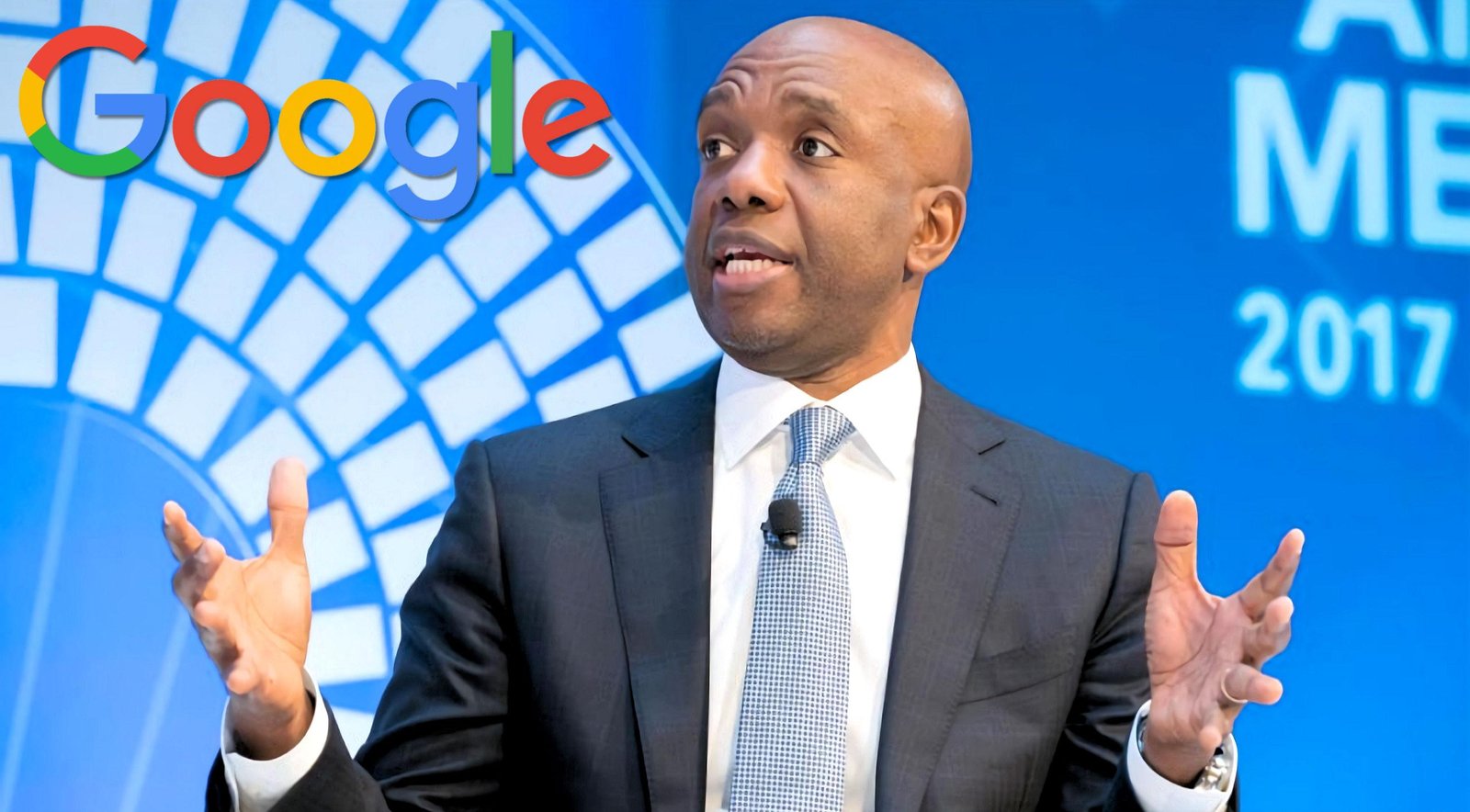Artificial Intelligence (AI) has been at the forefront of global discourse for over a year, signifying its expansive influence on various facets of our existence. Questions about AI’s impact are widespread and differ by sector and region. In Africa, the pressing inquiries revolve around the continent’s AI potential, inclusivity in AI development and usage, and the requisite steps for Africa to harness AI opportunities effectively.
Such inquiries were pivotal in the UNECA Conference of Ministers’ deliberations. AI is a pioneering and revolutionary technology that holds vast prospects for societal benefit, particularly in Africa. African-led innovations and initiatives are crucial for realizing the benefits of AI, surmounting challenges, and bridging existing gaps.
AI offers opportunities in aiding individual tasks, economic empowerment, scientific breakthroughs, and addressing societal hurdles to foster development.
Notably, AI has enhanced everyday human activities, showcasing its growth since Google’s AI-powered translation services began in 2006. The current capability of Google Translate to support 133 languages, including several African languages, is commendable. Yet, collaboration with African researchers and communities is essential for further advancements.
The economic implications of AI are monumental, with estimations ranging from $17 to $25 trillion annually. Generative AI could contribute an additional $8 trillion. However, these benefits are contingent on strategic investments and conducive policy environments. AI can democratize economic opportunities by mitigating knowledge disparities, thus offering a level playing field and addressing barriers caused by educational deficits.
Digital technologies have been instrumental in the prosperity of African SMEs, which are significant employment generators. AI stands to amplify these effects and has already begun to do so, with African entrepreneurs creating AI-powered startups across various sectors.
AI’s universal application promises substantial productivity gains, particularly in pivotal sectors like manufacturing, public services, and agriculture.
Scientific advancement has been expedited by AI, as evidenced by AlphaFold’s protein structure predictions. The open-source AlphaFold database’s widespread use, particularly in developing countries, underscores the inclusive potential of AI advancements.
AI’s role in progressing the UN’s Sustainable Development Goals, with notable initiatives in climate adaptation and healthcare in Africa, is commendable. However, alongside opportunities, AI’s complexities and risks warrant attention. As AI evolves, it poses performance-related risks and biases, necessitating careful management.
Concerns such as misinformation, particularly in election contexts, highlight the need for innovative solutions like Google’s SynthID for watermarking AI-generated images. These measures are initial steps in a broader strategy to address AI’s challenges.
AI governance remains nascent, with participation and benefit disparities being notable concerns. The UN Secretary General’s High-Level Advisory Body on AI has recognized these issues, advocating for improved governance and capacity building.
Decisions made by African leaders and businesses in response to these opportunities and challenges will be pivotal. Essential measures include building AI foundations, bridging the AI divide within the larger digital divide, developing skills and talent, fostering AI ecosystems, and establishing partnerships to scale initiatives.
Adopting a pan-African perspective to transcend national barriers will be vital for entrepreneurs and businesses in securing market opportunities and funding. Positive steps such as the adoption of the Digital Protocol of the African Continental Free Trade Area are promising.
Effective policies are imperative to leverage opportunities and address challenges. Innovative strategies, as seen in Rwanda, Mauritius, Egypt, and Nigeria, could serve as templates for robust AI governance.
AI represents a transformative potential for Africa, promising significant advancements in empowerment, shared prosperity, and societal progress. Recognizing challenges and gaps is crucial, requiring creative solutions, investment, and collaboration.
As someone who began exploring AI during its nascent stage in Zimbabwe, I witness the transformative era awaiting today’s African students. It is our collective responsibility to nurture and release their potential—failure is not an option.










